The Vauxhall Astra has gained a new 48V mild-hybrid powertrain for a 19% reduction in fuel consumption and lower CO2 emissions.
Available in both the hatchback and estate variants, it's the first such powertrain to be offered in the popular family car. It combines a 1.2-litre three-cylinder turbo petrol engine with a 0.89kWh battery and an electric motor, producing a total of 151bhp and 169lb ft.
That power is sent to the front wheels via a six-speed dual-clutch automatic gearbox that was developed specifically for this powertrain.
The Miller-cycle engine uses a variable-geometry turbocharger, which allows the driver to access its performance at lower bands of the rev range.

Vauxhall claims fuel consumption has been improved by 19% over the pure-ICE Astra, with WLTP economy of up to 60.1mpg. CO2 emissions meanwhile are as low as 112g/km, matching the Volkswagen Golf eTSI.
As well as improving economy, the new powertrain increases performance, particularly around town or when manoeuvring.
The 0-62mph time has been slashed by 0.7sec for the hatchback, which completes the sprint in 9.0sec. The estate takes 0.3sec longer.
The Astra is the third model in Vauxhall's range to use this powertrain, after the Corsa and Grandland. It's also used by other models under the Stellantis umbrella, including the Peugeot 3008 and Jeep Avenger.
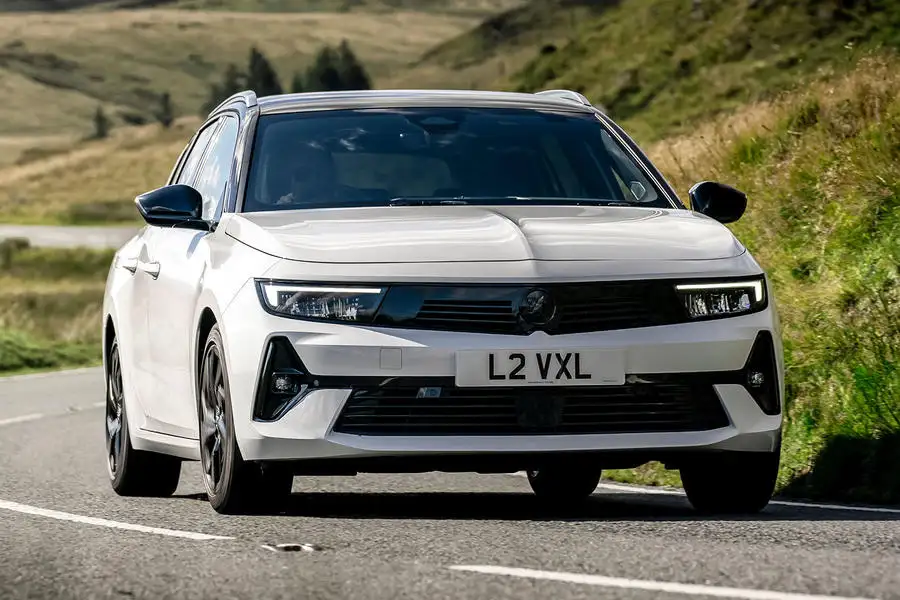

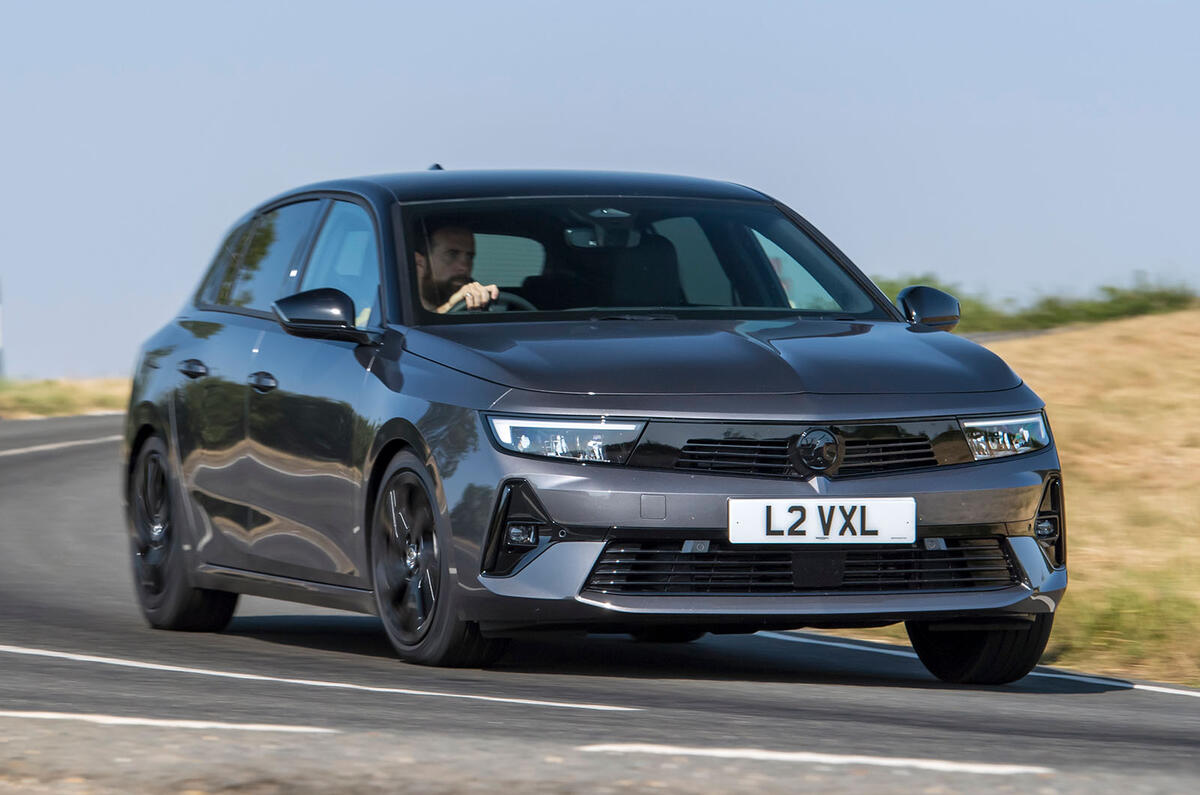
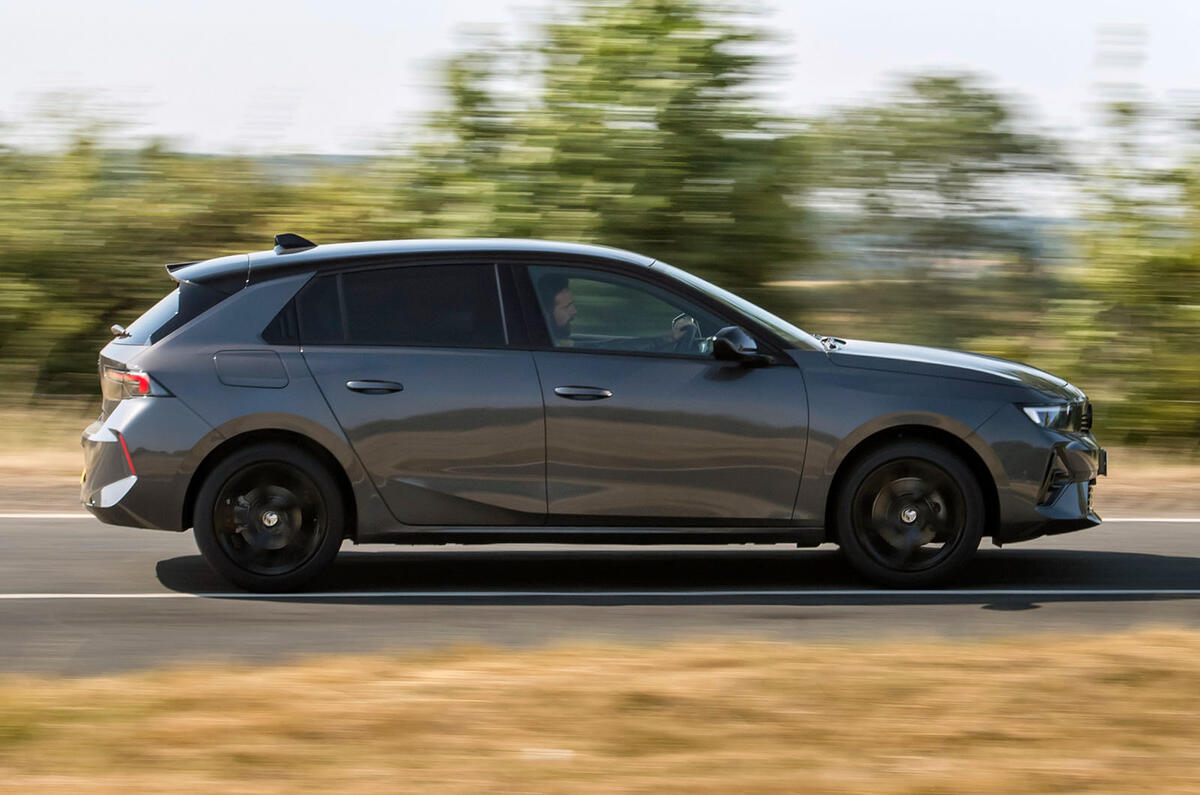
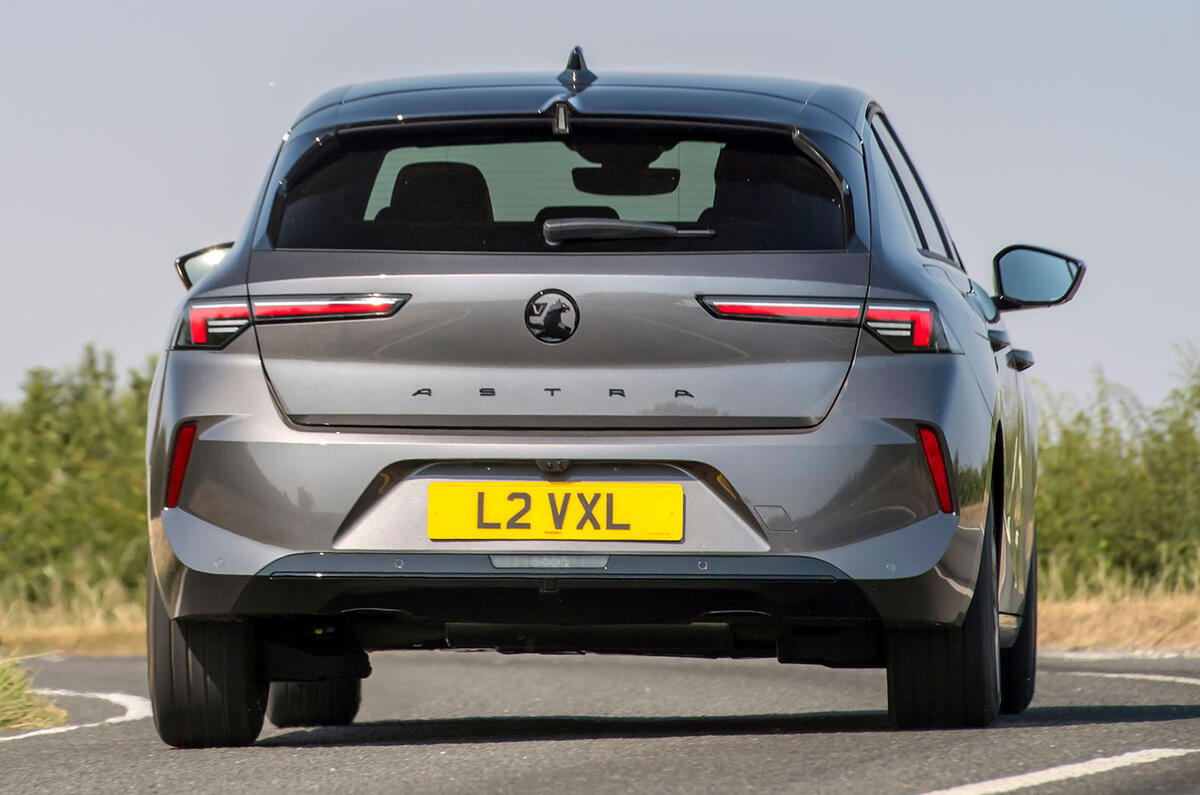

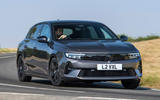










Join the debate
Add your comment
Normally a mild hybrid system gives an mpg /CO2 benefit of around 3 to 5%, so I can't see how Stellantis can claim nearly a 20% improvement for the Astra. Bear in mind that at steady speeds, the hybrid system contributes nothing and actually increases consumption by virtue of its extra weight and marginallly increased rolling resistance. I am an enthusiastic supporter of the benefits of hybrids, but accept that the gains can be quite small with this type of system.
Even Toyota with its powerful electric motor, clever transmission and Atkinson cycle petrol engine can't better this kind of improvement.
What a shame all these new hybrids make having an auto compulsory. Honda showed over 25 years ago how easy and effective it was to add a hybrid to a manual box. As far as i am concerned, having a manual box would make the idea of driving an Astra slightly less unappealing.